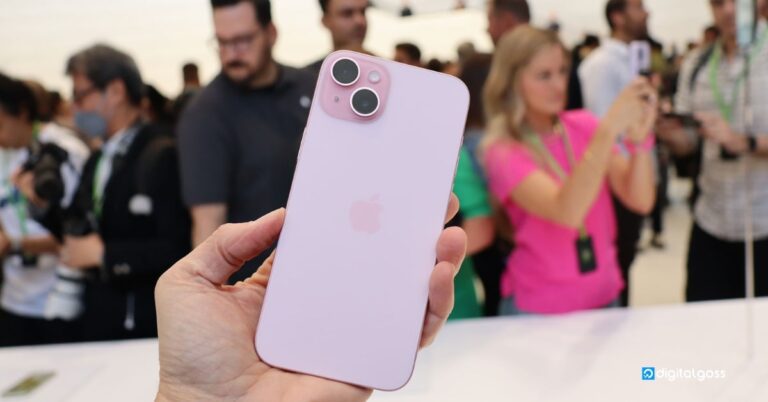Microsoft orders its employees in China to ditch their Android phones for iPhones. Starting September, all Microsoft employees in China will need to use iPhones for work. Yep, you read that right—no more Android devices allowed.
So, why is Microsoft making this move? It all boils down to security. According to an internal memo reviewed by Bloomberg News, Microsoft’s new policy is part of their global Secure Future Initiative. This initiative is focused on tightening security measures across the board, and a big part of that is ensuring that all employees use the Microsoft Authenticator password manager and Identity Pass app.
But here’s the kicker: the fragmented nature of Android app stores in China plays a huge role in this decision. Unlike Apple’s iOS store, Google Play isn’t available in China. Instead, local smartphone makers like Huawei and Xiaomi operate their own app platforms. Because these devices lack Google’s mobile services, Microsoft has decided to block access to its corporate resources from any Android device.
For any Microsoft employees currently using Android handsets, including those from Huawei or Xiaomi, the company will provide an iPhone 15 as a one-time purchase. These iPhones will be available for collection at various hubs across China, including Hong Kong, where Google’s services are accessible.
Microsoft hasn’t publicly commented on this decision, but it does raise some interesting points. First, it highlights the growing differences between Chinese and foreign mobile ecosystems. Second, it touches on the sensitive issue of tech reliance amid the ongoing geopolitical conflict between Beijing and Washington. Since 2023, more Chinese government-backed firms have been ordering staff to stop bringing foreign devices to work, citing security concerns.
This move is part of Microsoft’s broader effort to ramp up security worldwide. After facing repeated attacks from state-sponsored hackers, the company has been under significant pressure to improve its security measures. In January, a Russia-linked breach affected dozens of US government agencies, including the State Department.
Charlie Bell, Microsoft’s Executive Vice President, emphasized this priority by saying, “We are making security our top priority at Microsoft, above all else—over all other features.” Microsoft’s Secure Future Initiative is their most ambitious security overhaul in two decades. They’re moving faster to address cloud vulnerabilities, making it harder for hackers to steal credentials, and automatically enforcing multifactor authentication for employees.
What do you think about Microsoft’s decision? Is it a smart move for security, or does it raise more questions than it answers?
You Might Also Like …
- Apple Testing Next-Gen Apple Watch SE with Plastic to Reduce
- 5 Best New Shows Coming to Apple TV+ in July 2024 that I Can’t Wait to Watch
- Leaked Pricing for Samsung Galaxy Ring May Surprise You
- Apple Watch Series 10 to Feature Bigger Screen and Thinner Design, But New Health Features Could Be Delayed
- Apple Approves ‘Epic Games’ Store App After Initial Disputes

